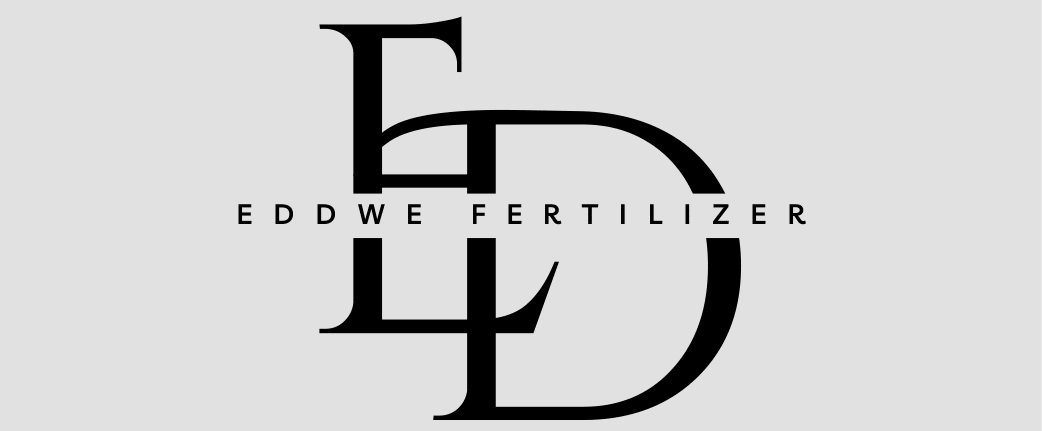Barium carbonate is widely used in the ceramics industry as an ingredient in glazes. It acts as a flux, matting and crystallizing agent and combines with certain coloring oxides to produce unique colours not easily attainable by other means. Its use is somewhat controversial since some claim that it can leach from glazes into food and drink. To provide a safe means of use, BaO is often used in fritted form.
In the brick, tile, earthenware and pottery industries barium carbonate is added to clays to precipitate soluble salts (calcium sulfate and magnesium) that cause efflorescence.
Barium Carbonate Spec.
Barium carbonate is widely used in the ceramics industry as an ingredient in glazes. It acts as a flux, matting and crystallizing agent and combines with certain coloring oxides to produce unique colours not easily attainable by other means. Its use is somewhat controversial since some claim that it can leach from glazes into food and drink. To provide a safe means of use, BaO is often used in fritted form. In the brick, tile, earthenware and pottery industries barium carbonate is added to clays to precipitate soluble salts (calcium sulfate and magnesium) that cause efflorescence.
| Product Name : | BARIUM CARBONATE | |
| CAS No | 513-77-9 | |
| Molecular Formula | BaCO3 | |
| Molecular Weight | 197.34 | |
| Description | White Powder / Off White Powder Specifications | |
| Specifications | Matter insoluble in HCL | Max 1 % |
| % Iron as Fe2O3 | Max 0.1 % | |
| Assay | Min 97 % | |
| Reactivity | 81-85% | |
| Soluble sulphide as BaS | 0.4 % | |
| Moisture | Max 0.25 % | |
| Alkali & other metals as sulphate | Max 2 % | |
